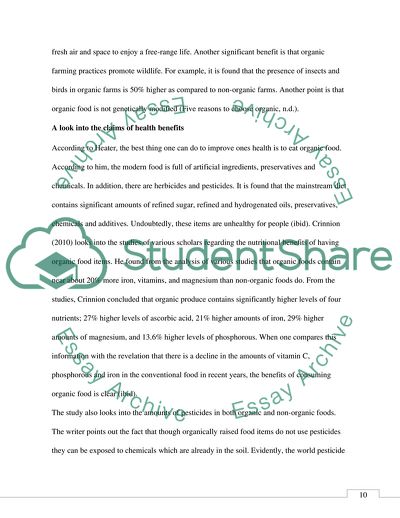Cite this document
(Contemporary Food Issues Literature review Example | Topics and Well Written Essays - 2250 words, n.d.)
Contemporary Food Issues Literature review Example | Topics and Well Written Essays - 2250 words. Retrieved from https://studentshare.org/family-consumer-science/1754799-contemporary-food-issues
Contemporary Food Issues Literature review Example | Topics and Well Written Essays - 2250 words. Retrieved from https://studentshare.org/family-consumer-science/1754799-contemporary-food-issues
(Contemporary Food Issues Literature Review Example | Topics and Well Written Essays - 2250 Words)
Contemporary Food Issues Literature Review Example | Topics and Well Written Essays - 2250 Words. https://studentshare.org/family-consumer-science/1754799-contemporary-food-issues.
Contemporary Food Issues Literature Review Example | Topics and Well Written Essays - 2250 Words. https://studentshare.org/family-consumer-science/1754799-contemporary-food-issues.
“Contemporary Food Issues Literature Review Example | Topics and Well Written Essays - 2250 Words”. https://studentshare.org/family-consumer-science/1754799-contemporary-food-issues.


